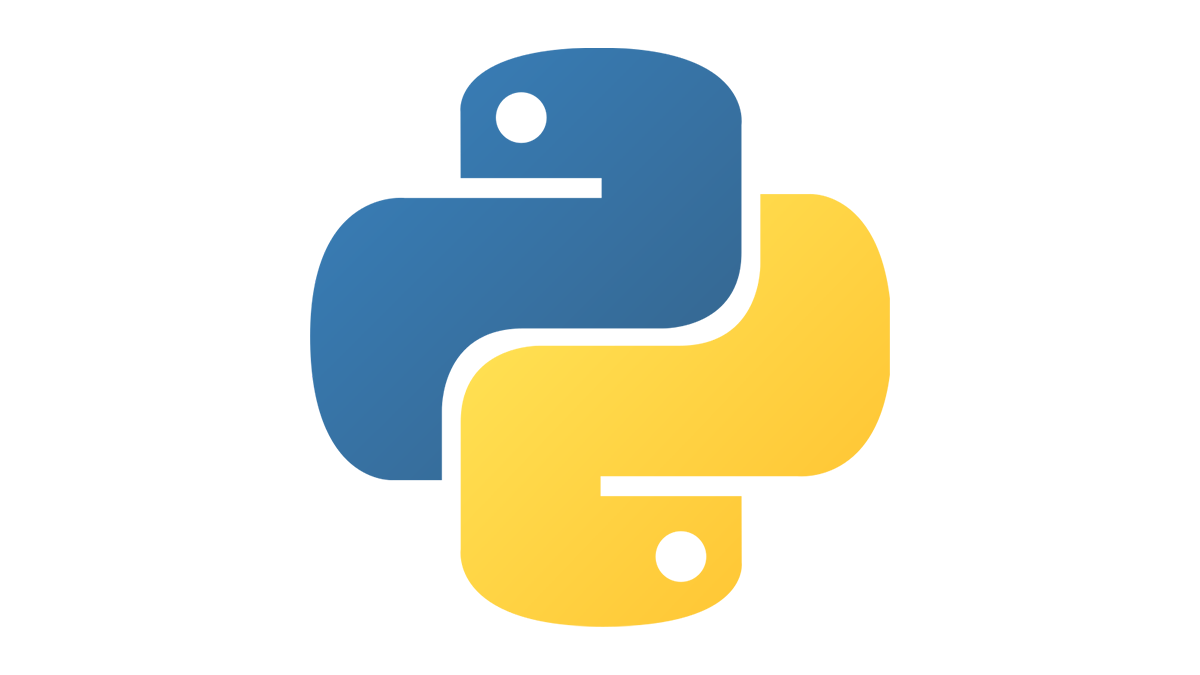
Finishing Advanced Python Grammar
2023, Aug 21
It was not a lot of lecture, but I finally finished the python intensive course.
Below are a few things I would like to check again.
Class
- __init__
- If __init__ method is used in class, the corresponding method will run when an instance is created.
-
class CookieFrame(): def __init__(self, name): print(f"The name of the created cookie is {name}") self.name = name cookie1 = CookieFrame("cookie1") # The name of the created cookie is cokkie1 cookie2 = CookieFrame("cookie2") # The name of the created cookie is cokkie2
-
- If __init__ method is used in class, the corresponding method will run when an instance is created.
- inheriting
- Class inheritance in python is a function that allows you to import and use features such as variables and methods declared in other classes when creating a class.
- At this time, the inheriting class is called parents or super class, and inherited class is called child or sub class.
-
class Monster(): def __init__(self, hp): self.hp = hp def attack(self, damage): self.hp -= damage def status_check(self): print(f"monster's hp : {self.hp}") class FireMonster(Monster): def __init__(self, hp): self.attribute = "fire" # super() allows you to use the parent class's code as-is. # The code is the same as executing code self.hp = hp. super().__init__(hp) # Override the status_check method that exists in the parent class. def status_check(self): print(f"fire monster's hp : {self.hp}") class IceMonster(Monster): def __init__(self, hp): self.attribute = "ice" super().__init__(hp) def status_check(self): print(f"ice monster's hp : {self.hp}") fire_monster = FireMonster(hp=100) fire_monster.attack(20) fire_monster.status_check() ice_monster = IceMonster(hp=200) ice_monster.attack(50) ice_monster.status_check()
-
- Always use child classes to avoid errors when using classes already created by others.
Decorator
- Description
- Decorators are written in the form of @decorator using ‘@’ on top of the declared function, and when the function is executed, the code declared in the decorator is executed as well.
- Example
-
# Finding the Execution Time of a Specific Function import time import random def time_checker(func): def wrapper(): # Stores the time when the function runs. start_time = time.time() # Running the function func() # When the function runs at the hour after it exits, subtract the time to get the running time. executed_time = time.time() - start_time # Outputs the execution time to 5 decimal places only. print(f"{func.__name__} function execution time : {executed_time:.05f}s") return wrapper @time_checker def main(): time.sleep(random.randint(1, 10) / 10) for i in range(10): main() # result output """ main function execution time : 0.80095s main function execution time : 0.90009s main function execution time : 1.00027s main function execution time : 0.20020s main function execution time : 0.90011s main function execution time : 0.60041s main function execution time : 0.30027s main function execution time : 0.40024s main function execution time : 0.10026s main function execution time : 0.50032s """ - In addition, you can create a function by inserting an argument into it, so if you use this decorator, you can create an infinite number of functions.
-
I haven’t started the personal assignment I mentioned last time, but I finished the class today and can proceed properly from tomorrow.